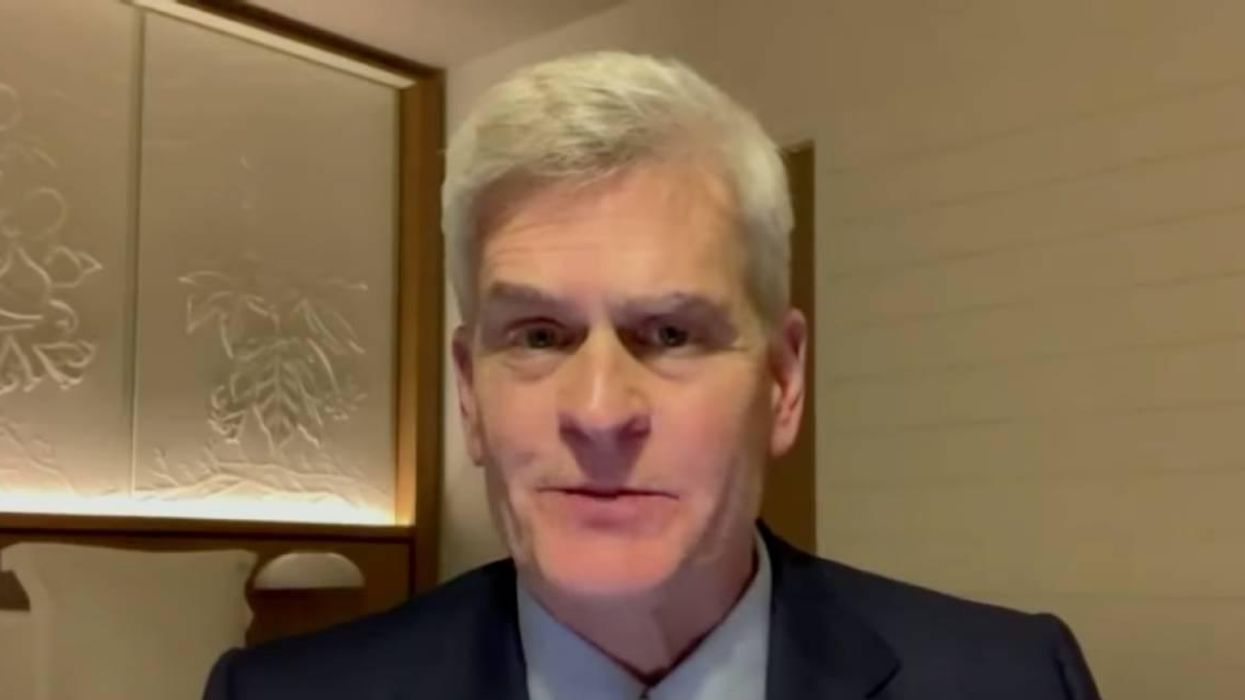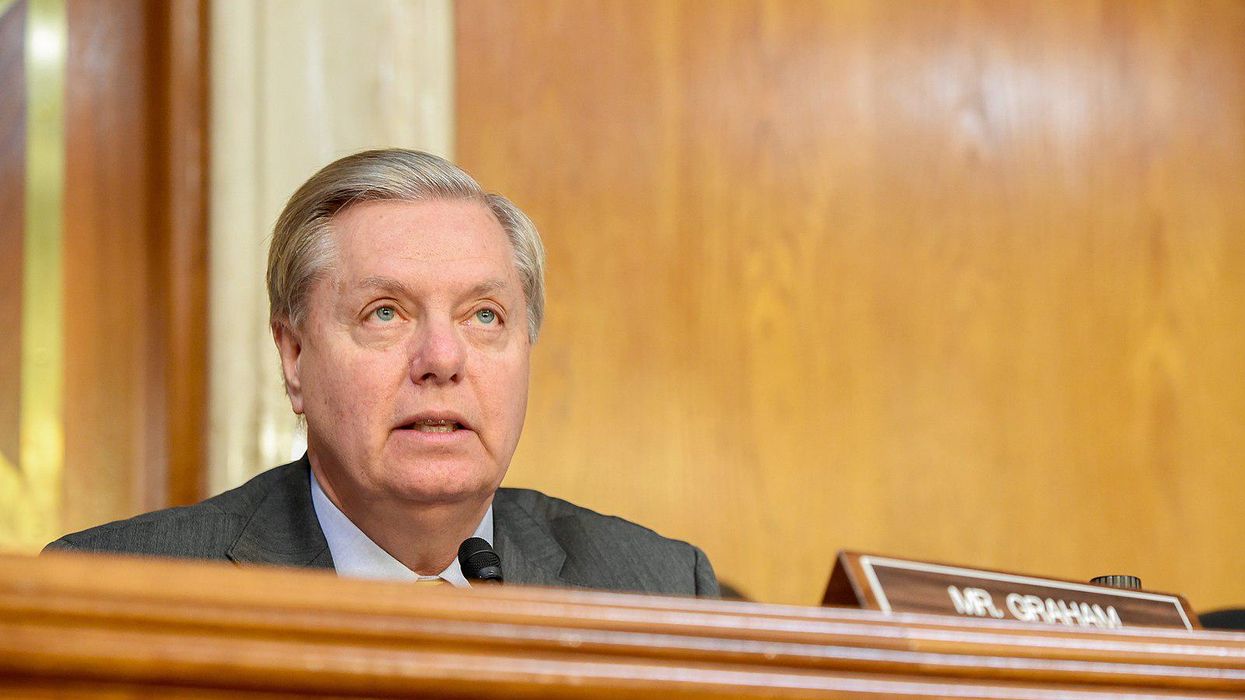'You Will Have Blood On Your Hands': Cassidy Ripped For RFK Jr. Vote
Sen. Bill Cassidy (R-LA), a physician with a record of working to help the uninsured and underinsured, on Tuesday voted in committee to confirm anti-vaccine activist Robert F. Kennedy Jr. to become President Donald Trump’s Secretary of Health and Human Services. Kennedy, an attorney and not a physician, has never managed an enterprise anywhere near the scale of the $1.6 trillion department that encompasses over a dozen vital agencies, including the Centers for Disease Control and Prevention (CDC), National Institutes of Health (NIH), Food and Drug Administration (FDA), and the Centers for Medicare & Medicaid Services (CMS). The final floor vote on Kennedy’s HHS nomination is expected to come next week.
Directly or indirectly, HHS’s decisions touch every human being in the United States.
Senator Cassidy had hinted, some believed, as The New York Times had reported, that he would vote against confirming Kennedy, after he posted a biblical passage on courage to social media this weekend:
Cassidy’s vote has been seen as pivotal for Kennedy’s confirmation.
Kennedy has been labeled a conspiracy theorist who “continues to push the debunked claim that vaccines cause autism,” the BBC reported. He has said: “There’s no vaccine that is safe and effective.” He also has spent years advocating against vaccines, and has a financial interest in having vaccines perceived as dangerous, and has a financial stake in anti-vaccine lawsuits.
“Kennedy has not only gained a public following for his outlandish claims, he has also made a lot of money broadcasting them. And he could stand to make more from his anti-vaccine crusade as America’s top health official — the kind of brazen self-dealing that’s become all but normalized in Trump’s America,” Vox‘s Dylan Scott reported.
Despite Kennedy’s history, however, Senator Cassidy on Tuesday told Americans that if confirmed, RFK Jr. and he “will meet regularly,” and the HHS Secretary would meet quarterly with the Health, Education, Labor, and Pensions Committee. And he said Kennedy committed to giving the HELP Committee 30-day notice if he wants to change vaccine monitoring programs.
“These commitments, and my expectation that we can have a great working relationship to make America healthy again, is the basis of my support,” Cassidy announced (video below).
On social media media Cassidy added: “I’ve had very intense conversations with Bobby and the White House over the weekend and even this morning. I want to thank VP JD specifically for his honest counsel. With the serious commitments I’ve received from the administration and the opportunity to make progress on the issues we agree on like healthy foods and a pro-American agenda, I will vote yes.”
Backlash against Cassidy has been swift.
“Having very intense conversations with a liar is not a good way to discover the truth,” wroteThe Atlantic’s James Surowiecki, author of The Wisdom of Crowds.
“You are a coward,” charged Fred Wellman, an Army veteran of 22 years who served four combat tours, and is now a political consultant and the host of the podcast “On Democracy.” “What did they threaten you with? This Administration never keeps promises. Why are you such a spineless fraud? Just disgraceful. You’ve gotten your footnote in the history books as a weak man who surrendered when challenged. Nobody remembers the cowards.”
“Our Republican Party has fully turned into the soulless United Russia party and act identical to the communist politburo,” observed Olga Lautman, a senior fellow at the Center for European Policy Analysis (CEPA) and an expert on Russian intelligence.
“Rarely does somebody get to flush two essential oaths, Hippocratic and Constitutional, down the toilet at once. May history remember you for this accomplishment,” noted former Obama and Biden administrations official Jesse Lee.
“You’re a doctor who just voted for an anti-vax conspiracy theorist. You’ve made children less safe. You’ve made Americans less safe. This is your legacy,” declared political commentator Brian Tyler Cohen.
“Disgusting. I feel for anyone who had him as a Doctor—or a Senator. Kennedy is the most unqualified, disqualified, radical and ridiculous nominee for this role in history. Anyone who votes for him has no integrity,” wrote veterans’ activist Paul Reickhoff.
“You are a moral coward. When children die because they are unvaccinated for measles and polio, you will bear responsibility. When people die from a pandemic because the CDC has been hollowed out, you will have blood on your hands. Shame,” saidThe Atlantic’s Dr. Norman Ornstein, a political scientist and emeritus scholar at the American Enterprise Institute (AEI).
Watch the video below or at this link.
Reprinted with permission from Alternet












Trump Cabinet Nominee Withdraws Over (Sane) January 6 Comments